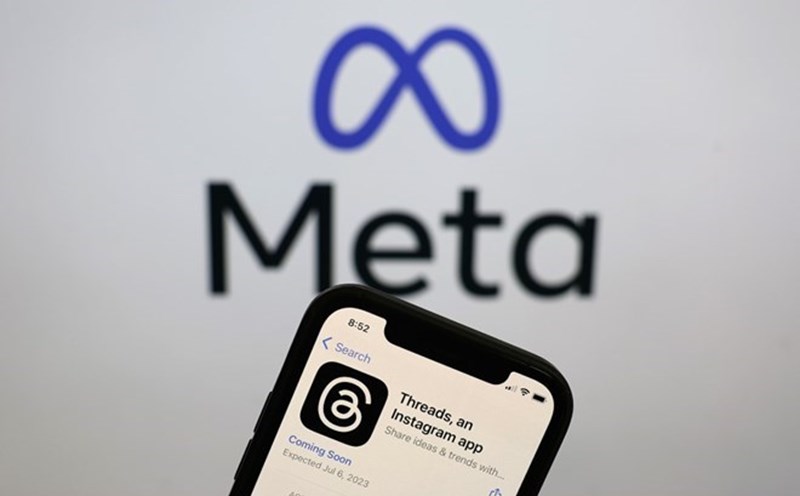A group of US bipartisan Senators has just sent a letter requesting Meta Platforms (abbreviated as Meta) to publicize internal assessments related to the impact of products on children, as well as the effectiveness of parental control measures.
According to Reuters, the letter signed by 10 senators, led by Marsha Blackburn (Roc Republican Party, Tennessee), was sent just a week after a Senate hearing.
During the session, Meta's former safety research experts said the company had closed internal research that showed that children were still using Meta's virtual reality (VR) devices and exposed to pornic content.
The senators wrote: Parental control measures, rather than solutions to the perils that are rampant from Metas products, as warned by parents and Congress, show ineffectiveness and have not been fully exploited.
The pressure on Meta increased after Reuters revealed last month that an internal document of the company had allowed chatbots to engage children in romantic or sexy conversations.
In response to the backlash, Meta asserted that these examples were inaccurate, had been removed, and the company had never completely banned research from conducting research on young people.
Among those who signed the letter of request were Sen. Chu Chu Grassley (R again, Iowa), Chairman of the Senate Judicial Committee, and Sen. Richard Durbin (Demokrate, Illinois), a senior member of the committee.
In particular, Meta is required to clarify the internal research approval process, and reveal whether there were cases of denial or editing to mitigate sensitive findings.
The move is part of a broader US Senate investigation into the effects of AI chatbots on children. On the same day of the letter, a separate hearing was also held, where parents in the US sued OpenAI and Character.AI, accusing these companies of being responsible for the deaths caused by suicide of their children.
Both OpenAI and Character.AI later expressed their condolences, saying they are working to improve safety standards to prevent similar dramas.
With increasing pressure from both public opinion and politics, Meta will face many challenges in proving that its products can be safe for young users.











